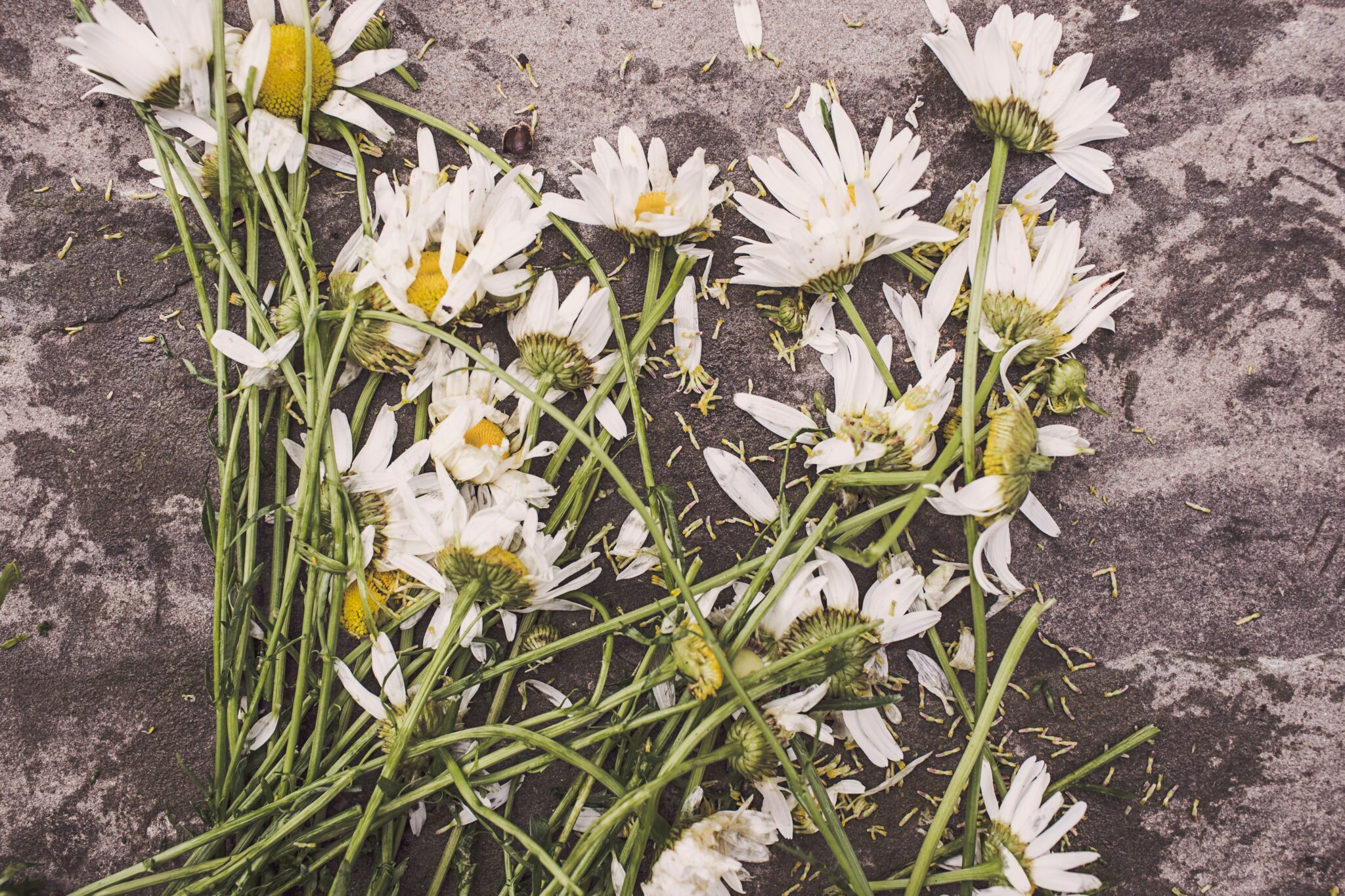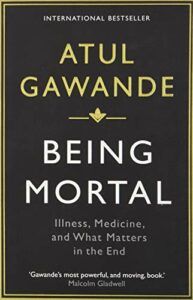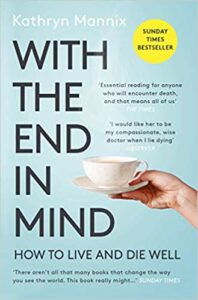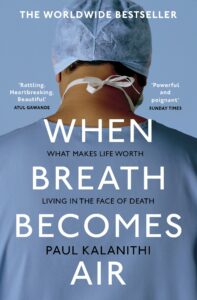
In March’s Dragon Hall Debate we’ll be looking at the topic of Death. Why is death and dying such a taboo subject in society? What can we do to improve the experience of those who are reaching the end of their life? How did those who came before us mark death in the distant past?
We’ll be exploring these questions and more with the insight of our three experts. If you are looking for a way into the topic and want to find out more about the work of our panellists, have a browse of these recommended resources.
How can we improve end of life palliative care?
Dr Rachel Clarke is an author and palliative care specialist, and will speak about her latest book Dear Life. Find out more about what inspired Rachel to write the book in this interview in The Guardian. You can listen to Rachel speaking about how kindness makes a difference in hospices on Woman’s Hour. And watch her Ted Talk here:
Can medicine, literature and Egyptology help us talk about death?
Faye Kallionitis is a research associate at Norwich Castle Museum. She works on the museum’s Ancient Egyptian material and has just published a catalogue on this collection. Faye also works on the Museums in the Nile Delta project (MiN). Find out more about the MiN project here >>
Faye suggests the following scholarly texts for those wishing to find out more about funerary practices in Ancient Egypt:
- John H. Taylor, Death and the Afterlife in Ancient Egypt, Univ of Chicago Pr, Chicago, 2001
- Assmann, Death and Salvation in Ancient Egypt, (trans D. Lorton) Cornell Univ Pr, Ithaca, 2005
- Emily Teeter, Religion and Ritual in Ancient Egypt, CUP, Cambridge, 2011 (especially chs 7 & 8)
Find out more about the Castle Museum’s Egyptian Gallery and explore the Norfolk Museums Service collection >>
How can we use stories to create empathy and explore love, loss and grief?
Dr Guy Peryer is a specialist in palliative care and a lecturer in UEA’s School of Health Sciences. In this video Guy explains how one of his recent projects has explored the importance of community in end of life care.
Guy recommends the following books and scholarly articles for those wishing to find out more:
 Being Mortal: Illness, Medicine and What Matters in the End
Being Mortal: Illness, Medicine and What Matters in the End
by Atul Gawande
For most of human history, death was a common, ever-present possibility. It didn’t matter whether you were five or fifty – every day was a roll of the dice. But now, as medical advances push the boundaries of survival further each year, we have become increasingly detached from the reality of being mortal. Read more >>
 With the End in Mind: How to Live and Die Well
With the End in Mind: How to Live and Die Well
by Kathryn Mannix
In this unprecedented book, palliative medicine pioneer Dr Kathryn Mannix explores the biggest taboo in our society and the only certainty we all share: death. Read more >>
‘Impossible to read with dry eyes or an unaltered mindset’ Sunday Times
 When Breath Becomes Air
When Breath Becomes Air
by Paul Kalanithi
At the age of thirty-six, on the verge of completing a decade’s training as a neurosurgeon, Paul Kalanithi was diagnosed with inoperable lung cancer. One day he was a doctor treating the dying, the next he was a patient struggling to live. When Breath Becomes Air is an intimate and exquisitely written meditation on the meaning of life by a young neurosurgeon facing terminal cancer. Read more >>
Compassionate communities: end-of-life care as everyone’s responsibility, QJM: An International Journal of Medicine, Volume 106, Issue 12, P1071–1075. Kellehear, A (2013) Read more >>
Bringing our dying home: How caring for someone at end of life builds social capital and develops compassionate communities. Health Sociology Review, 21, 4, 373-382. Horsfall, D., Noonan, K.and Leonard, R. (2012), Read more >>
For more information on palliative care and relevant charities, please visit www.hospiceuk.org
If you are affected by any of the issues raised in this article and in the debate, we recommend contacting Cruse Bereavement on 0808 808 1677 or [email protected].
Dragon Hall Debates
The free Dragon Hall Debates series, presented jointly by the University of East Anglia and the National Centre for Writing, tackles a range of topical scientific, cultural and political issues, drawing on the expertise of UEA academics as well as guest thinkers, writers and commentators. Come along and hear from the panel, then join the conversation and have your say. All are welcome.
You may also like...
Rubbish – how do we define it?
Recommended reading about the planet, the economy, our behaviour and the ‘creative landfill’

24th January 2020
Dragon Hall Debates: Guts
Can you stomach it? Recommended reading about the mystery of the human gut

16th October 2019
Exhaustion: Are we working too hard?
Is burnout real? Recommended reading about exhaustion, fatigue, sleep and restlessness

28th August 2019






